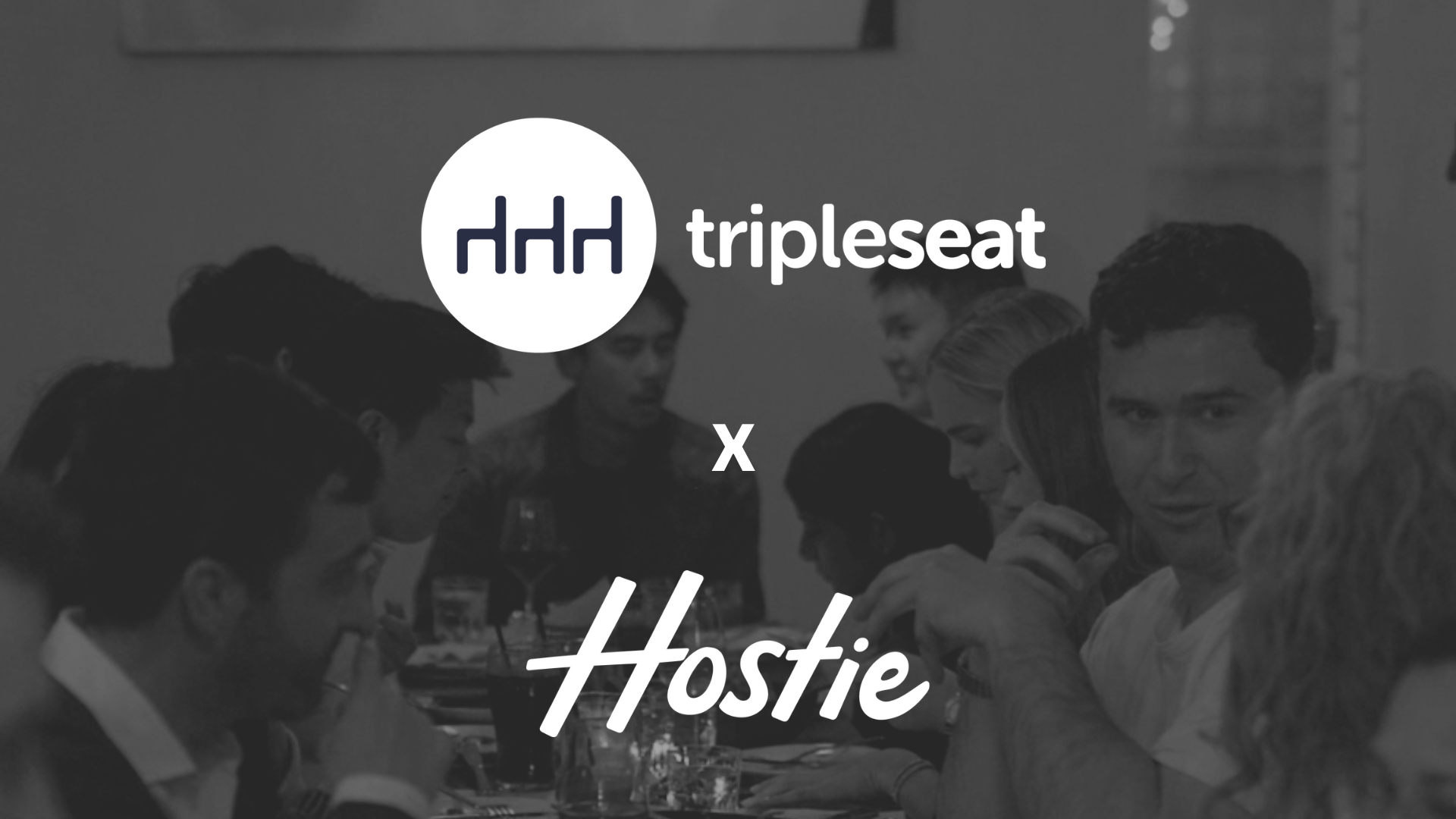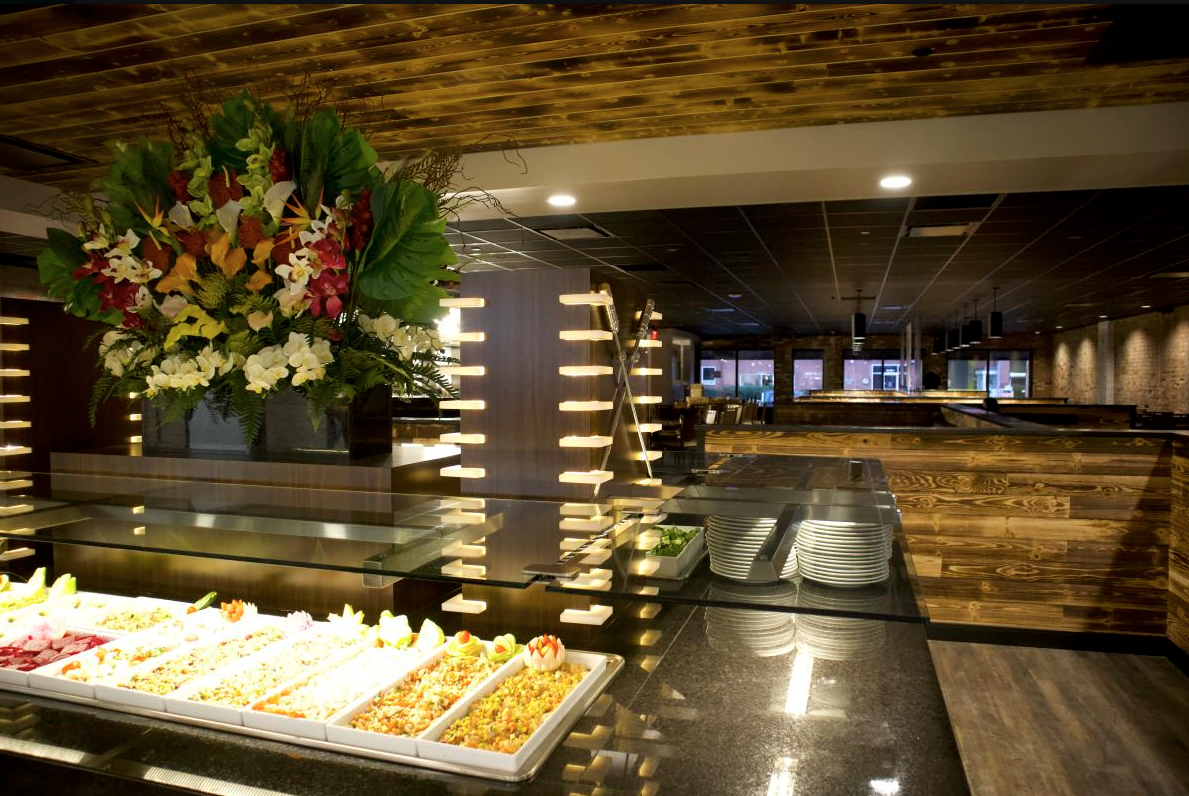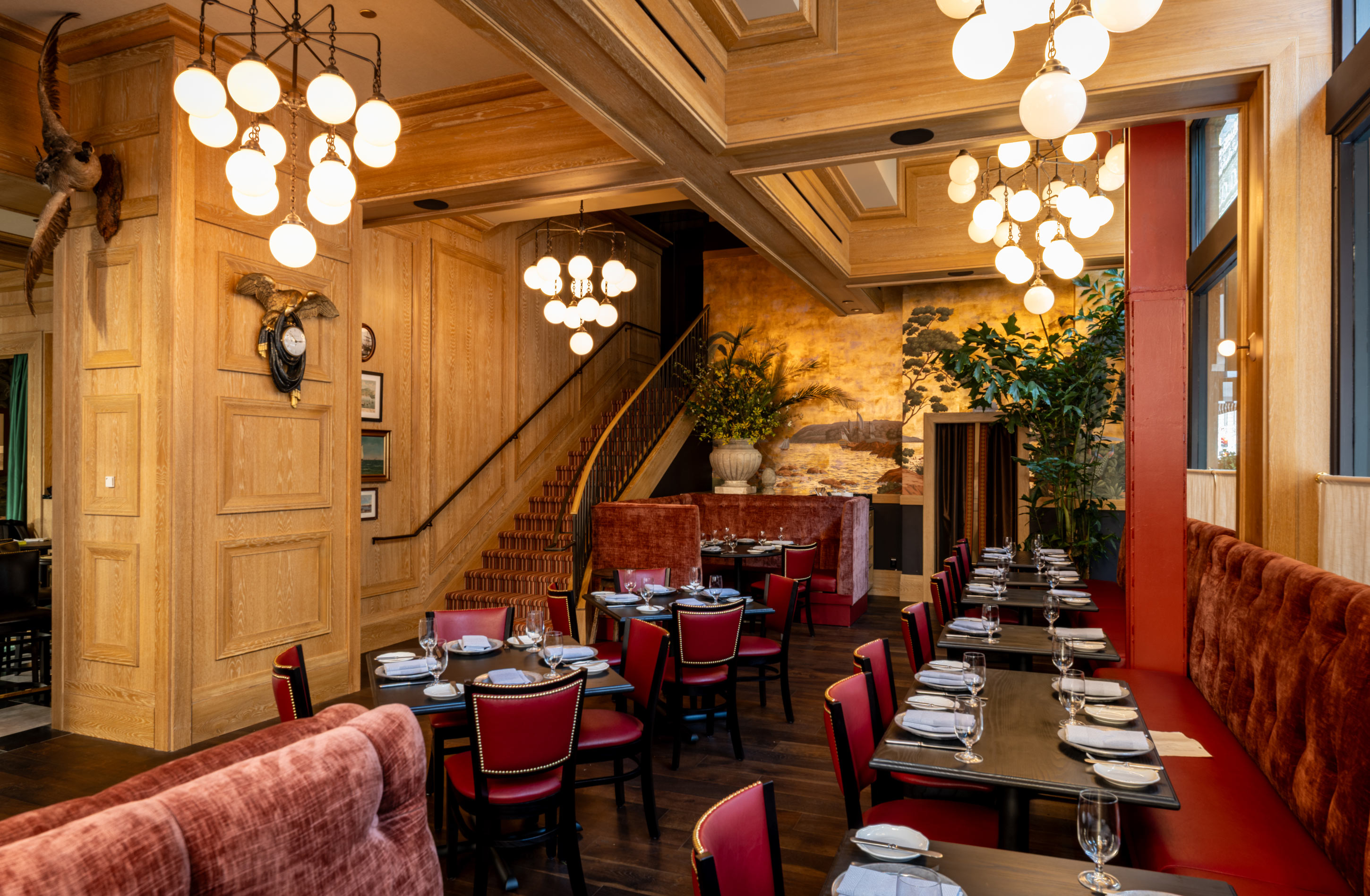
Running three restaurant locations means juggling three times the phone calls, three times the reservation requests, and three times the staffing headaches. If you're like most multi-location restaurant owners, you're probably spending around $51 per hour across three part-time hosts just to answer basic questions about your dress code, menu, and seating arrangements. (Hostie AI)
But here's what's changing the game in 2025: AI phone assistants are no longer a futuristic concept. Major chains like Applebee's and IHOP are already testing Voice AI Agents to handle customer orders over the phone, aiming to streamline operations and reduce stress on human staff. (Newo AI) Even Wendy's plans to deploy AI drive-thru ordering systems at over 500 restaurants by the end of 2025. (Customer Experience Dive)
In this comprehensive cost breakdown, we'll examine the real numbers behind AI phone assistants for a 3-location restaurant operation. We'll compare subscription fees, usage charges, and hidden costs for three leading platforms: Hostie AI, Foreva, and ReachifyAI against your current staffing expenses. Plus, we'll share real-world pricing insights from Reddit ToastPOS operators and vendor pricing pages to help you avoid costly surprises when negotiating contracts.
Before diving into AI alternatives, let's establish your baseline costs. Most restaurants receive between 800 and 1,000 calls per month, with in-demand establishments fielding even more inquiries from tourists or diners running late. (Hostie AI)
For a 3-location restaurant group, here's what you're likely spending on phone coverage:
But that's just the beginning. As David Yang, founder of Newo, points out: "At $17 per hour, you can hardly pay for your gas to get to the job. Humans typically don't stay long in these positions." (Hostie AI) This high turnover means additional costs for:
When you factor in these hidden expenses, your true cost per location jumps to approximately $45,000-48,000 annually, or $135,000-144,000 for three locations.
The AI phone assistant market has seen "unbelievable, crazy growth" according to Mathew Focht, CEO of the Emerging Fund, which specializes in restaurant tech. (Hostie AI) This growth is driven by significant cost advantages: AI agents cost $0.25-$0.50 per interaction versus $3.00-$6.00 for human agents, with organizations achieving 85-90% cost reductions through AI implementation. (Teneo AI)
Hostie AI launched primarily in the Bay Area in 2024 and has quickly become a leader in restaurant-specific AI phone assistance. (Hostie AI) The platform answers an average of 85% of questions with 15% seamlessly forwarded to a host, and has successfully managed over 300K guest calls in the last year. (Hostie AI)
Conduit (formerly HostAI) rebranded in 2025 and now positions itself as an AI agent platform for support and sales across industries with a unified inbox. (Enso Connect)
Other emerging players include various platforms targeting the restaurant industry, each offering similar services: around-the-clock AI phone hosts that can answer generic questions about dress codes, cuisine, seating arrangements, and food allergy policies. (Hostie AI)
Hostie AI brings over a decade of restaurant expertise to their platform, making them particularly well-suited for restaurant operations. (Hostie AI) While specific pricing isn't publicly disclosed, industry standards suggest:
Estimated Monthly Costs:
For 3 locations handling 2,400 calls monthly:
Conduit's public pricing shows a 'Growth' plan at $500/month, though this covers broader business applications beyond restaurants. (Enso Connect)
Estimated 3-Location Costs:
Based on market research and competitor analysis:
| Provider | Base Monthly (3 locations) | Per-Call Fee | Setup Cost | Annual Total |
|---|---|---|---|---|
| Hostie AI | $600-1,200 | $0.30-0.50 | $1,500 | $17,340-30,300 |
| Conduit | $1,500 | Variable | $1,000 | $19,000-25,000 |
| Generic AI Platform | $300-600 | $0.40-0.60 | $500 | $14,000-22,000 |
Many AI phone assistants require specific telecom setups or charge additional fees for:
Most platforms include a base number of calls, then charge overages:
Restaurant operators on Reddit frequently discuss unexpected costs:
| Cost Category | Human Staff | Hostie AI | Conduit | Savings (Hostie) | Savings (Conduit) |
|---|---|---|---|---|---|
| 24-Month Total | $295,148 | $36,180-62,100 | $39,000-51,000 | $233,000-259,000 | $244,000-256,000 |
| Monthly Average | $12,298 | $1,508-2,588 | $1,625-2,125 | $9,710-10,790 | $10,173-10,673 |
| Cost per Call | $5.12 | $0.63-1.08 | $0.68-0.89 | 84-88% reduction | 83-87% reduction |
The break-even point for AI implementation occurs at 50,000-55,000 interactions annually, according to industry analysis. (Teneo AI) For a 3-location restaurant handling 28,800 calls annually (2,400 per month), you'll reach break-even within the first few months of operation.
Most AI phone assistants integrate with existing systems, but consider:
Implementing AI doesn't mean eliminating all human staff immediately:
As one industry expert notes, "The phones would ring constantly throughout service. We would receive calls for basic questions that can be found on our website." (Hostie AI) AI can handle these routine inquiries, freeing staff for more meaningful guest interactions.
Hostie AI's track record shows they answer an average of 85% of questions successfully, with only 15% requiring human intervention. (Hostie AI) This high success rate is crucial for maintaining customer satisfaction while reducing costs.
Burma Food Group boosted over-the-phone covers by 141% by implementing Hostie's virtual concierge. (Hostie AI) This revenue increase can significantly impact your bottom line:
The restaurant AI landscape continues evolving rapidly. Agentic AI represents the next evolution, designed to take autonomous action on behalf of operators, handling tasks like adjusting employee schedules, reordering inventory, or updating menus based on real-time conditions. (FOH BOH)
When choosing an AI phone assistant, prioritize platforms that:
Hostie AI's restaurant-specific focus and decade of industry expertise make them particularly well-positioned for long-term partnership. (Hostie AI) Their platform is designed specifically for restaurants, understanding the unique challenges and requirements of hospitality operations.
Most restaurant AI phone assistant implementations follow this timeline:
For a 3-location restaurant group, the math is compelling: AI phone assistants can reduce your phone handling costs by 83-88% while potentially increasing revenue through improved call answer rates and consistent service quality. With 24-month savings ranging from $233,000 to $259,000, the ROI is substantial and immediate.
The key is choosing the right platform and negotiating favorable terms. Hostie AI's restaurant-specific expertise and proven track record with over 300K successfully managed guest calls make them a strong contender for restaurant groups serious about optimizing their phone operations. (Hostie AI)
Remember, this isn't just about cost savings. It's about creating a more efficient operation that allows your human staff to focus on what they do best: creating memorable dining experiences for your guests. As the restaurant industry continues embracing AI technology, early adopters will have a significant competitive advantage in both cost structure and service quality.
The question isn't whether AI phone assistants will become standard in the restaurant industry, but whether you'll be an early adopter who reaps the maximum benefits or a late adopter playing catch-up. With the technology proven and the cost savings clear, 2025 is the year to make the switch.
💡 Ready to see Hostie in action?
Don't miss another reservation or guest call.
👉 Book a demo with Hostie today
AI phone assistants typically cost $0.25-$0.50 per interaction versus $3.00-$6.00 for human agents, resulting in 85-90% cost reductions. For three restaurant locations spending around $51 per hour on part-time hosts, AI can deliver significant savings while handling calls 24/7 without breaks or sick days.
Hidden costs include initial setup fees, integration with existing POS systems, staff training, ongoing maintenance, and potential customization charges. Some providers like Conduit charge $500/month for their Growth plan, while others may have per-location fees or transaction-based pricing that can add up quickly across multiple restaurant locations.
The break-even point for AI implementation typically occurs at 50,000-55,000 interactions annually. For busy 3-location restaurants, this threshold is often reached within 6-12 months, with full ROI realized within 24 months when factoring in reduced labor costs, increased reservation capture, and improved customer service consistency.
When customers call a restaurant with an AI assistant like Hostie, they interact with a virtual concierge that answers in the restaurant's voice and handles common inquiries about dress codes, menus, and seating arrangements. The AI can take reservations, answer questions, and escalate complex issues to human staff when needed, ensuring every call is answered professionally.
Yes, AI phone assistants can significantly boost revenue. Burma Food Group increased over-the-phone covers by 141% after implementing Hostie's virtual concierge. AI systems never miss calls, can upsell menu items, capture more reservations during peak hours, and provide consistent service that improves customer satisfaction and repeat business.
Yes, major chains are rapidly adopting AI phone technology. Dine Brands (Applebee's and IHOP) announced AI implementation plans in June 2025, while Wendy's deployed Fresh AI drive-thru systems to over 500 locations. These early adopters are seeing improved operational efficiency and reduced staff stress from handling repetitive phone inquiries.
RELATED


